Maintenance: Essential Car Care Tips to Keep Your Vehicle Running Smoothly
When it comes to your car, maintenance, the routine checks and repairs that keep a vehicle safe and efficient. Also known as vehicle care, it’s not about fixing what’s broken—it’s about stopping problems before they start. Most people think maintenance means changing the oil every 5,000 miles. But real maintenance covers way more: your engine oil, the lubricant that reduces friction and heat in the engine, your radiator, the system that keeps your engine from overheating, your brake pads, the friction material that stops your car, and even things you might forget, like spark plugs and fuel pumps.
Think of your car like a body. If you skip checkups, small issues turn into emergencies. A worn spark plug might not stop your car today, but it’ll slowly kill your fuel economy and stress the engine. A radiator that’s been running on old coolant might last five years—or it might blow up on a hot highway. Brake pads that squeak aren’t just noisy—they’re dangerously thin. And if you’re using oil that’s been sitting in the garage for three years, you’re not saving money—you’re risking engine damage. These aren’t myths. These are facts backed by mechanics who see the aftermath every day.
There’s no magic schedule that works for everyone. Your driving habits, climate, and car model all change what maintenance looks like. If you mostly drive short trips in winter, your oil breaks down faster. If you haul heavy loads, your clutch wears out sooner. If you live near the coast, salt air eats your radiator from the inside. That’s why generic advice like "change oil every 3,000 miles" doesn’t cut it anymore. You need to understand what’s actually happening under the hood.
This collection of articles cuts through the noise. You’ll find straight answers: when to replace spark plugs even if nothing seems wrong, how long a radiator really lasts, whether unused oil goes bad, and what those weird noises from your clutch actually mean. No fluff. No upsells. Just what you need to know to keep your car running safely, efficiently, and without surprise repair bills.
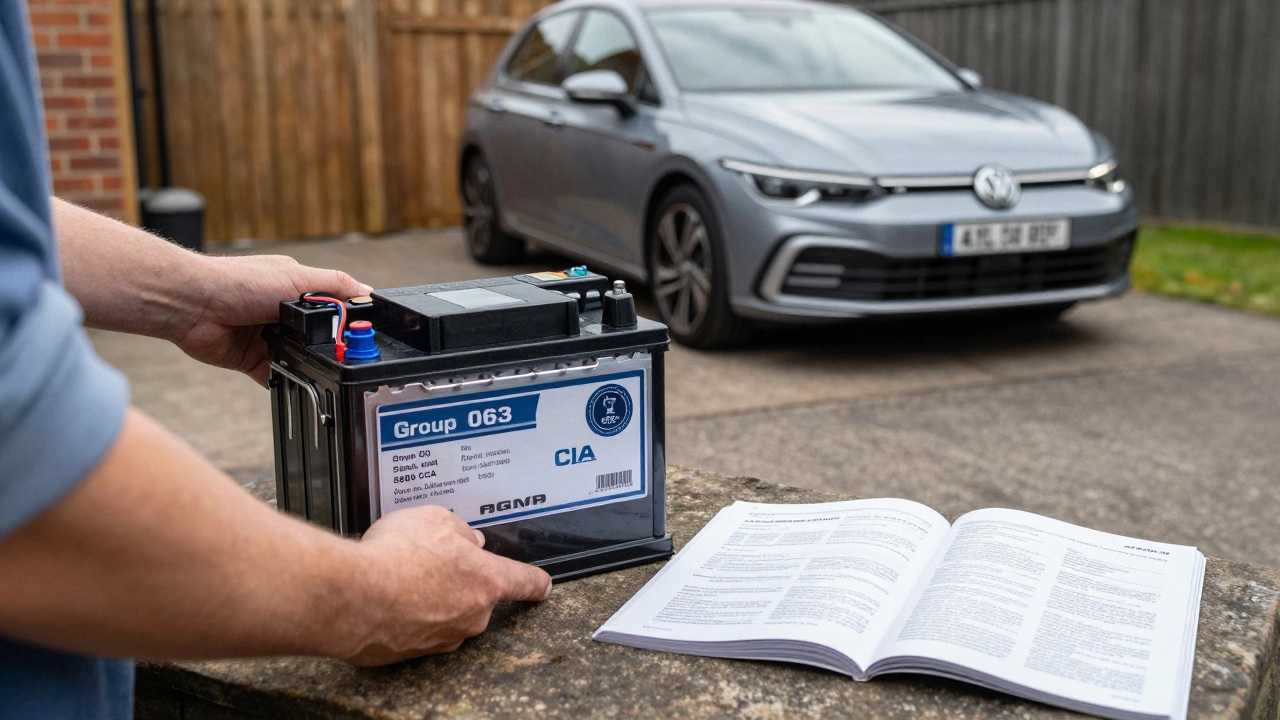
What is the correct battery for my car? A simple guide to finding the right fit
Find the correct car battery for your vehicle with clear guidance on group size, CCA, AGM vs flooded types, and how to avoid common mistakes. Essential for UK drivers facing cold winters and start-stop systems.
February 16 2026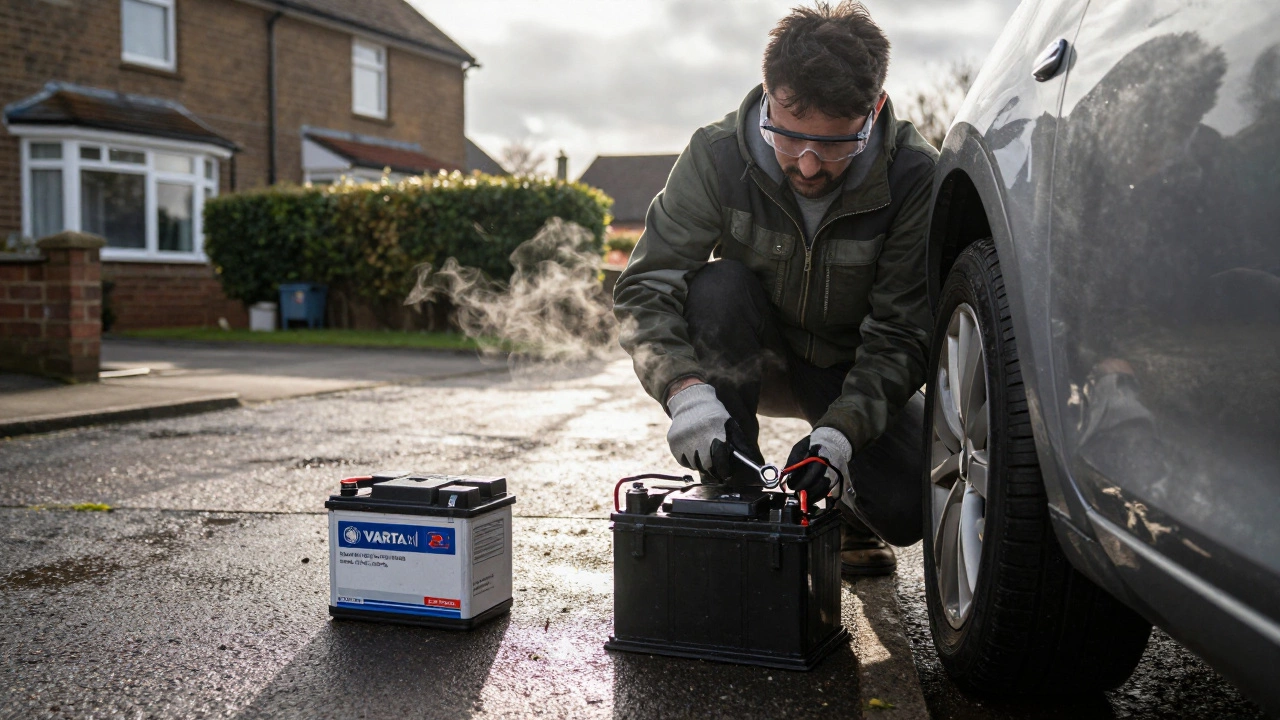
Can I Replace a Car Battery Myself? Step-by-Step Guide for UK Drivers
Learn how to safely replace your car battery yourself in the UK. Save money, avoid garage fees, and choose the right battery for your car with this step-by-step guide.
January 22 2026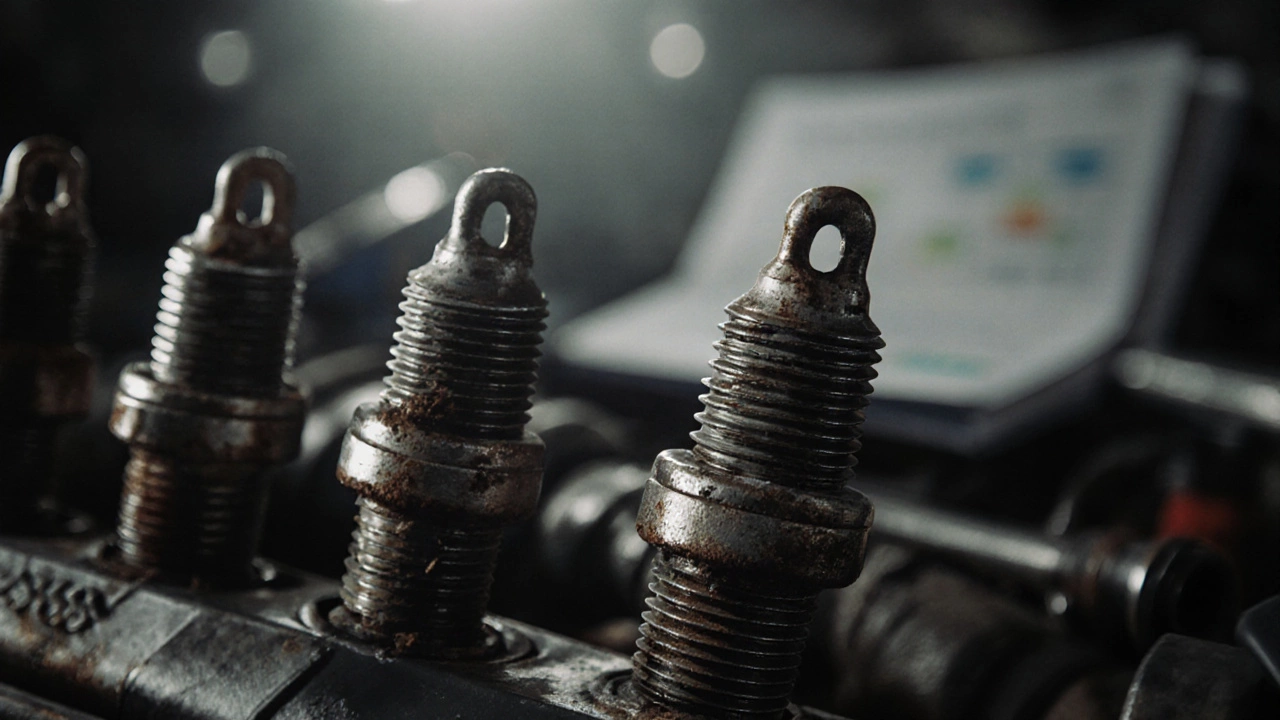
Should I Change Spark Plugs If Nothing Is Wrong? The Real Truth About Preventive Spark Plug Replacement
Even if your car runs fine, worn spark plugs silently hurt fuel economy and risk costly engine damage. Learn when and why to replace them before they fail.
November 6 2025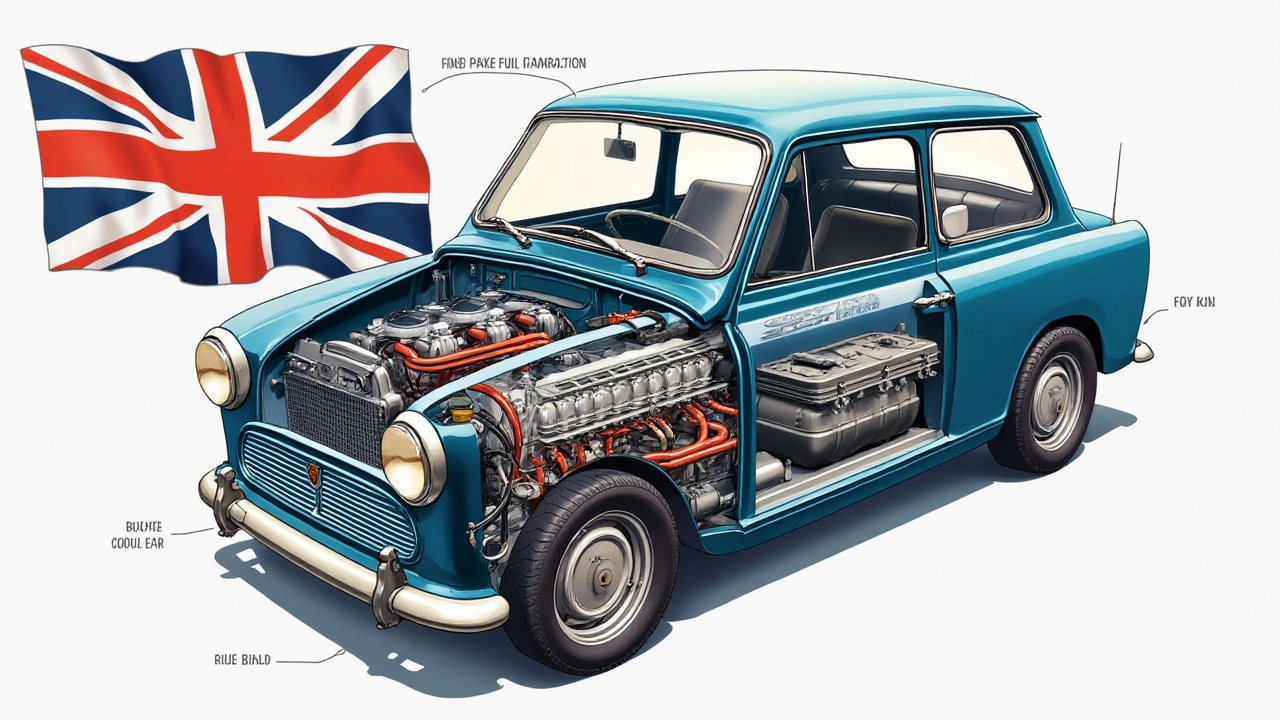
Understanding Common Causes of Car Radiator Failures
Car radiators are crucial components of a vehicle's cooling system, responsible for maintaining optimal engine temperature. Over time, various factors such as corrosion, leaks, and blockages can lead to radiator failures. Recognizing the warning signs of a failing radiator, like overheating and fluid loss, is important for timely repairs. Regular maintenance practices, including flushing and inspections, help prolong radiator life. Understanding these aspects not only ensures a smoother ride but also prevents costly repairs.
January 31 2025
Optimal Oil Change Frequency for Enhanced Engine Performance
Knowing how often to change engine oil can significantly impact your car's longevity and performance. This article explores recommended oil change intervals, factors influencing these intervals, and tips for keeping your engine running smoothly. We delve into signs indicating an oil change, comparing synthetic and conventional oils, and the importance of following manufacturer guidelines. Whether you're an experienced car enthusiast or new to vehicle care, understanding oil change essentials is crucial for all drivers.
January 30 2025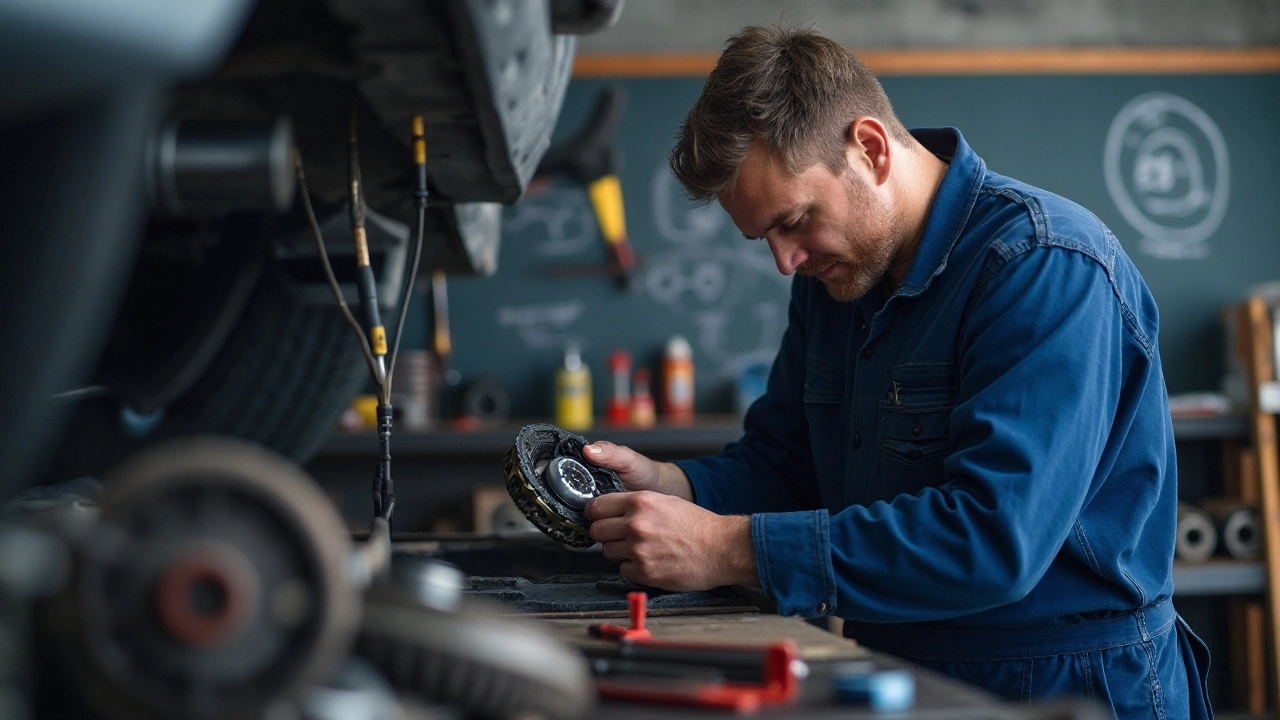
Essential Reasons for Clutch Kit Damage and Prevention Tips
A clutch kit is a vital component in manual transmission vehicles, and its proper functioning is crucial for smooth driving. This article explores the common causes of clutch kit damage, including driving habits and maintenance issues. We'll provide practical advice on early detection of clutch problems and tips to prevent premature wear and damage. Readers will gain essential knowledge to extend the lifespan of their vehicle's clutch kit and maintain efficient performance.
January 23 2025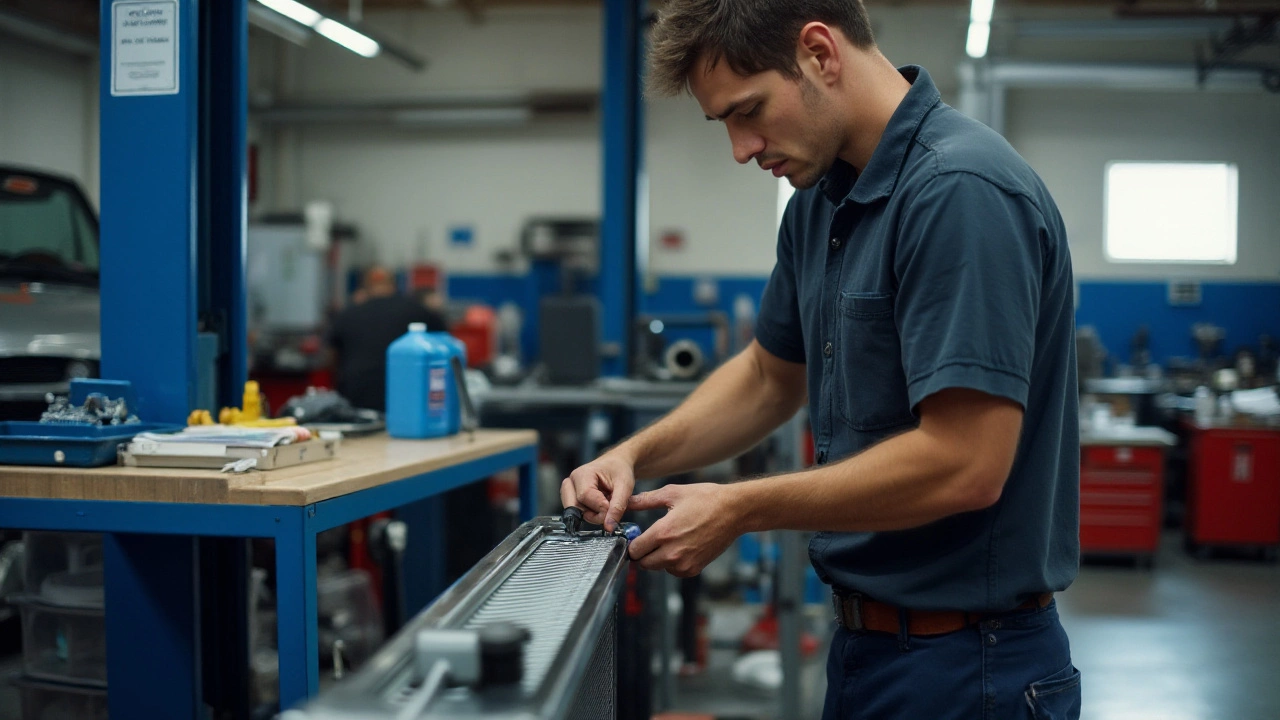
Can a Car Radiator Truly Last 20 Years? Insights and Maintenance Tips
Car radiators are a critical component of the vehicle's cooling system, responsible for preventing engine overheating. With proper care and maintenance, a radiator can potentially last up to 20 years. It's essential to recognize signs of wear and the importance of routine check-ups to ensure the longevity of the radiator. By understanding the role of coolant quality, external conditions, and regular servicing, car owners can maximize the lifespan of their radiators. This article explores practical tips and insights into achieving such longevity.
January 17 2025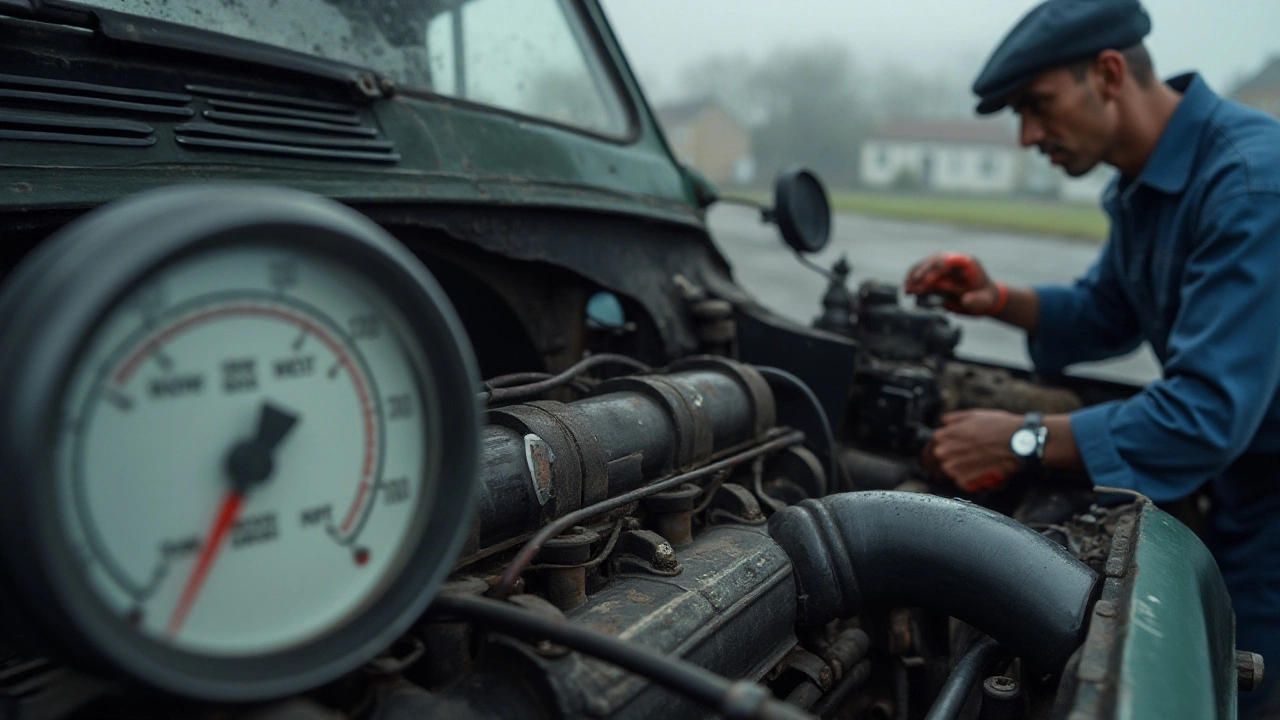
Early Signs of a Blown Head Gasket: What Car Owners Need to Know
A blown head gasket can lead to substantial engine troubles. Recognizing the early signs can save you from costly repairs. Look for unusual engine temperatures, white smoke, and coolant leaks. Understanding these signs helps in timely diagnosis and repair, ensuring your vehicle runs smoothly.
January 16 2025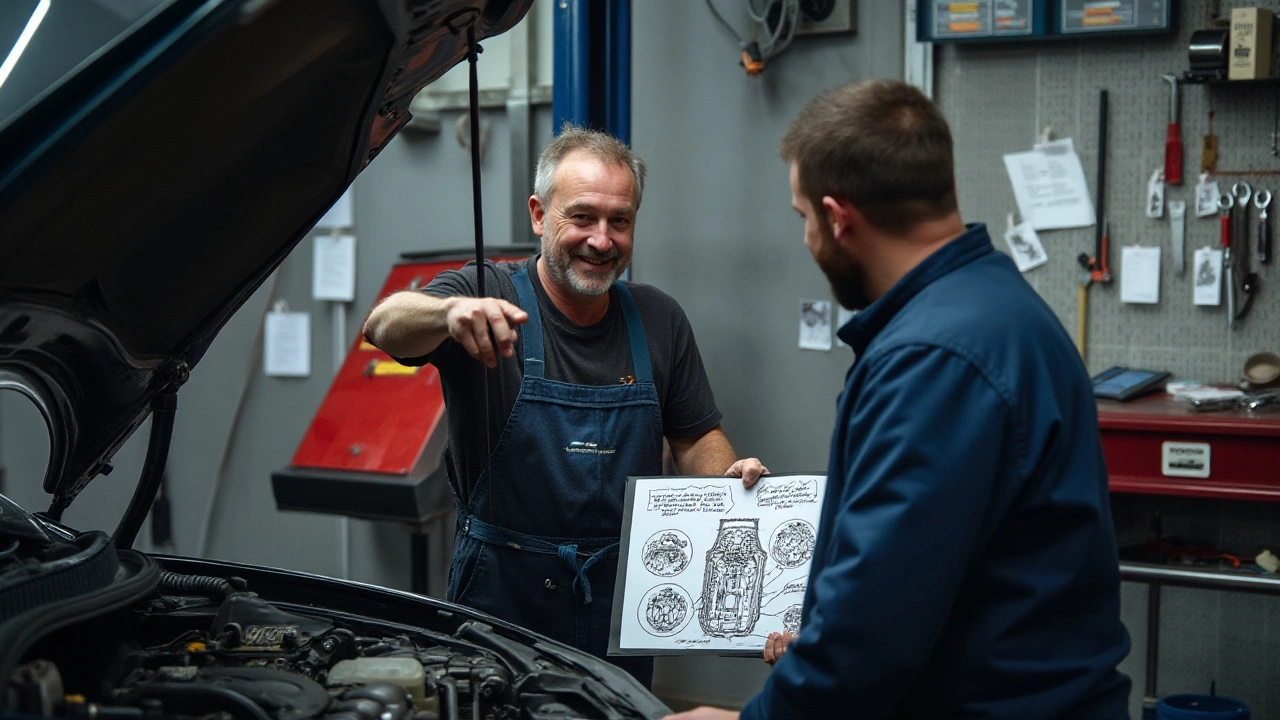
Signs and Mileage Limits for a Dying Fuel Pump
Fuel pumps are critical components in the proper functioning of a vehicle's engine. This article explores the average mileage at which fuel pumps commonly fail, signs of a failing fuel pump, and tips for prolonging its life. We'll delve into essential maintenance practices and discuss how driving habits impact fuel pump longevity. Understanding these factors can save you stress and costly repairs down the road.
January 13 2025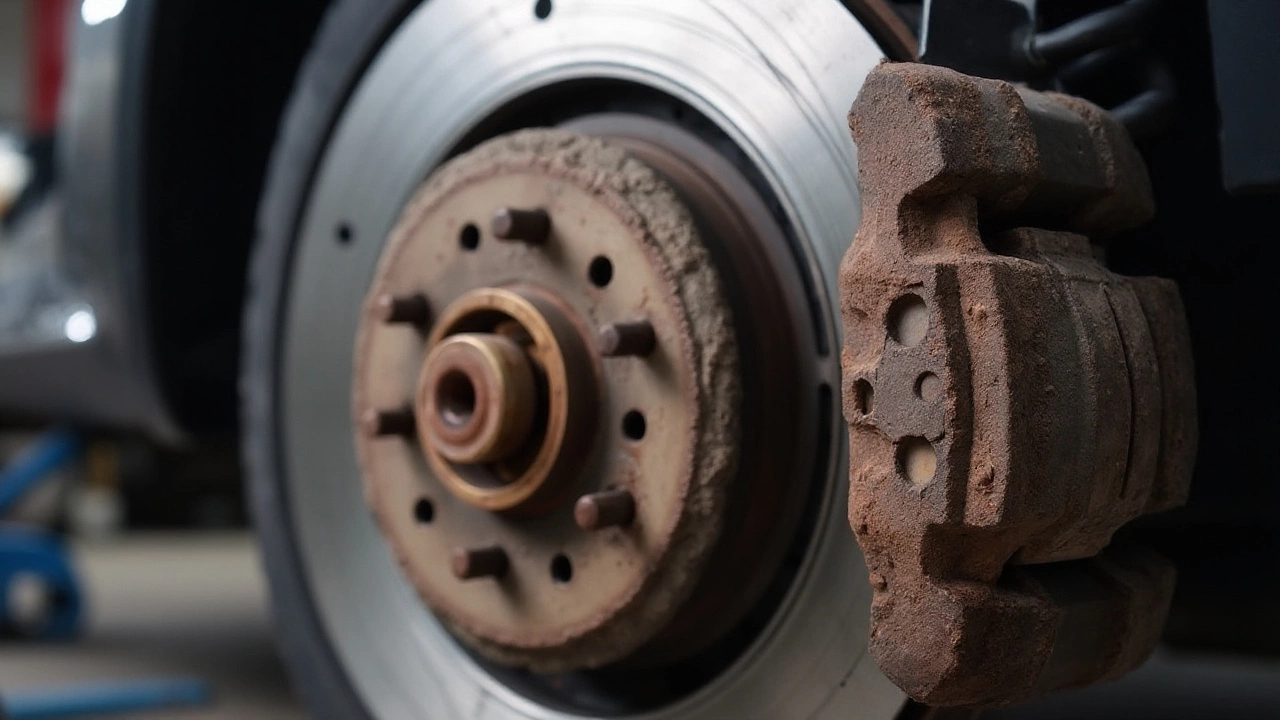
Driving with Bad Brake Pads: Risks and Recommendations
Brake pads are a crucial component of your vehicle's braking system, providing necessary friction to safely stop your car. Driving with worn out or bad brake pads can lead to decreased braking efficiency, longer stopping distances, and increased risk of accidents. This article explores the dangers of driving with faulty brake pads, signs of wear, and essential maintenance tips to ensure your safety on the road. Learn how to assess your brake pads' condition and when it's time to visit a mechanic.
January 12 2025
Does Unused Car Oil Expire? Exploring Shelf Life and Storage Tips
Car oil is crucial for the optimal functioning of an engine, but what happens if it's left unused? This article delves into whether car oil goes bad if not used, exploring factors that affect its shelf life. We offer insights into how to properly store oil to maintain its quality and examine the signs that suggest it might be time to dispose of old oil. Practical tips ensure readers get the most value out of their oil purchases.
January 5 2025